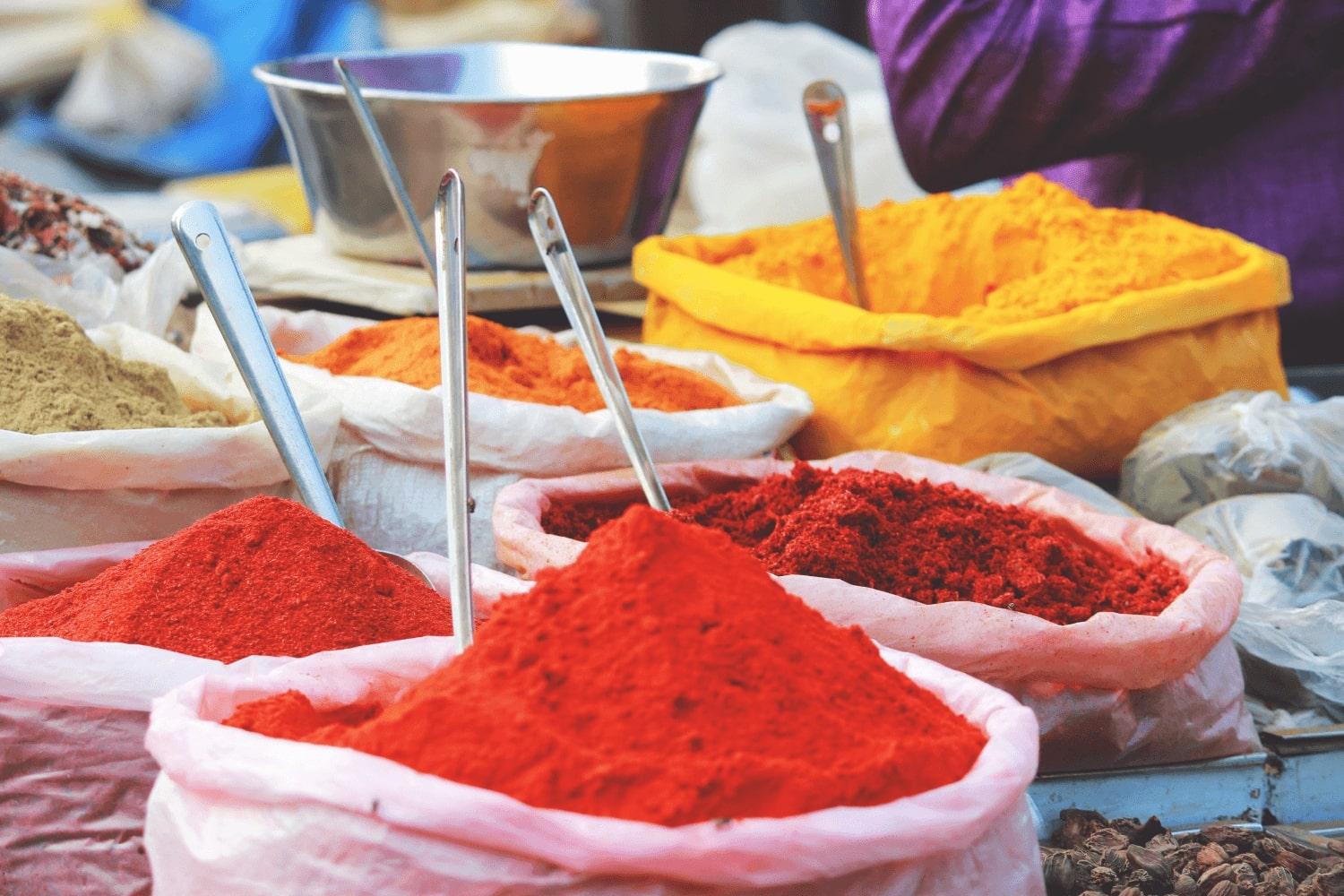
Year 1- Unit 4 newsletter
April 2023
Theme- How We Organise Ourselves
Our central idea is:
Many products go through a process of change before they are consumed or used
Our lines of inquiry are:
- Where products come from
- Changes products go through
- Distribution of products
This unit inquires into the connections, change, and responsibility involved in making a product. By the end of this unit, we hope that the children will demonstrate their inquirer and thinking skills. The unit gives the children the opportunity to learn about the different processes involved in the creation of everyday items. They will be making links by retelling stories, writing instructional texts, map making and art activities.
The students visited the Zen Organic Farm before the Easter holidays to start them thinking about where different products come from and the different processes they go through to get to the consumer. It developed their understanding of the farm-to-table process.
After the Easter holidays, students will also be taking part in an upcycling workshop to deepen their understanding of the importance of recycling and reusing resources. Redress workshop dates:
1C and 1MB- April 18th
1L, 1K and 1F- April 19th
Please send in an old t-shirt for upcycling on Monday 17th April in preparation for our workshops so that we can check everyone has one and can take part in the Redress workshop. Please note that these old t-shirts will be cut and transformed into something new as part of our process inquiry.
Below you will find out more about this unit's transdisciplinary links:
Language
Writing outcomes:
Generate own ideas for writing
Explore different writing structures
Compose simple sentences
Reading outcomes:
Recall main ideas and supporting details when retelling text
Read high-frequency words
Recognise grapheme-phoneme correspondence of current diagraphs
Read at an age-appropriate level
Speaking and Listening outcomes:
- Talk about their writing, pictures and models
Viewing and Presenting outcomes:
•Create a simple multimodal text
Maths
This unit lends itself well to exploring measurement (money) and directional and positional language as well as continuing to learn about number. Students will create a final product that will be ‘sold’ to fellow students. The children will learn how to pay for items and represent the product data in various forms.
Measure outcomes:
- Estimate, compare, describe and measure the length, mass and capacity of objects using non -standard units
Number outcomes:
Recognise, model, read and order numbers to 100
Apply place value to partition and rename two-digit numbers
Solve simple addition and subtraction problems using concrete materials
Share collections into equal parts
Position and direction outcomes:
- Describe position in a practical context.
Data handling outcomes:
- Interpret data by comparing quantities for example, more, fewer, less than, greater than







